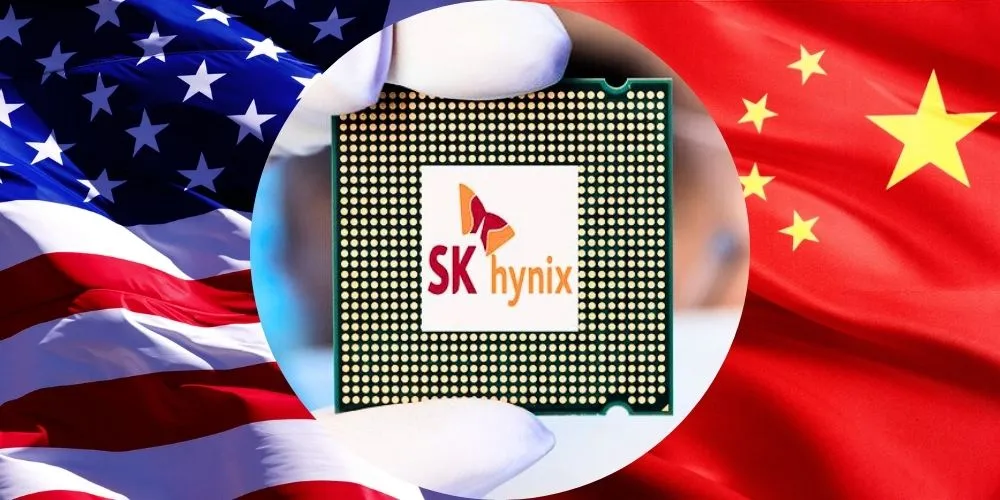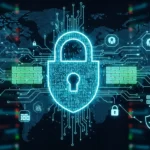A memory chip plant in Dalian, China, owned by South Korean chipmaker SK Hynix, stands as a symbol of the challenges faced by South Korean businesses amid the U.S.-China technology war.
Acquired from Intel for $9 billion in 2020, the Dalian plant was intended to enhance SK Hynix’s capacity and venture into advanced chips in the world’s largest chip market. However, the factory has become entangled in U.S. restrictions aimed at limiting China’s access to critical materials and equipment for future technologies.
Despite owning the plant for years, SK Hynix has been unable to make significant capital expenditure plans due to the uncertainty created by U.S. restrictions. The complex web of regulations has left the company in limbo, making it challenging to commit to expanding production or investing in advanced semiconductor technology at the Dalian facility.
In the fall, the U.S. granted SK Hynix and Samsung Electronics indefinite waivers, allowing them to continue importing high-end equipment into China. However, with the possibility of U.S. policy changes, especially if a different administration takes office, the waivers may not provide long-term stability for the Korean chipmakers.
At the Dalian plant, SK Hynix specializes in 3D NAND flash memory, which is crucial for smartphones and other devices. The waivers enable the companies to import U.S. chip equipment, but strict limits remain on the most advanced dual-use technology, creating uncertainty about future expansion plans.
South Korea, heavily reliant on the semiconductor sector for economic growth, must navigate a delicate balance between relations with the U.S. and China. The International Monetary Fund has warned that South Korea stands to be the largest potential loser in the Asia-Pacific region if the U.S. and China’s economies decouple.
While the waivers have temporarily eased concerns, South Korean chipmakers remain vulnerable to geopolitical risks and uncertainties. The decision to grant waivers underscores the importance of maintaining the chip supply chain, which is crucial for major U.S. companies like Apple, which relies on South Korean factories in China for its products.
As South Korea treads carefully amid the U.S.-China tech war, tough decisions loom for businesses like SK Hynix. The delicate balance between these global powers and the evolving landscape of trade, supply lines, and alliances poses significant challenges for South Korean firms in the semiconductor industry.
Despite waivers providing temporary relief, the industry remains on edge, anticipating potential shifts in U.S. policy and their impact on the complex dynamics of the semiconductor sector.





